Detailed introduction of the University of Ibadan:
Basic Overview
Established in 1948.
Nature of the institution: Public research university in Nigeria.
Geographical location: Located in Ibadan, the capital of Oyo State, Nigeria.
Campus area: The campus covers an area of more than 1,032 hectares, with vast space and rich natural resources.
School logo: The school motto is "recte sapere fons", which means "Thinking with integrity is the source of knowledge".
School history
In December 1947, Yaba College of Higher Education moved from Lagos to Ibadan and became the core of the university college.
In 1948, University College Ibadan was officially established as the first university in Nigeria. At that time, it was an overseas college of the University of London, and its courses were based on the model of the University of London.
In 1962, University College Ibadan gained independence, changed its name to the University of Ibadan, and began to award degrees independently.
School Strength
Teaching Staff: We have a team of highly qualified teachers, including scholars and experts with outstanding achievements in various fields, who provide high-quality teaching and guidance for students.
Research Results: We have achieved fruitful research results in many fields such as medicine, humanities, and natural sciences, and have made important contributions to the development of Nigeria and even Africa. For example, we have played an important role in the research on fighting infectious diseases such as AIDS, malaria, and tuberculosis.
International Cooperation: We have established cooperative relations with many world-renowned universities, carried out student exchange programs, joint research and other activities, and enhanced the school's international influence.
Educational Philosophy
Training Goals: We are committed to cultivating graduates with noble character, independent thinking, innovation ability and social responsibility.
Teaching Methods: We adopt a variety of teaching methods, including classroom lectures, practical teaching, group discussions, scientific research projects, etc., and focus on cultivating students' comprehensive quality and practical ability.
Key Laboratories and Disciplines
Key Disciplines: We have strong strength in disciplines such as medicine, humanities, natural sciences, and social sciences, among which the medical profession has a high reputation in Africa and even the world.
Key laboratories: It has several key laboratories, such as the Drug Research and Development Center, the Center for Control and Prevention of Animal Infectious Diseases, and the Institute for Advanced Medical Research and Training, which provide good conditions for scientific research.
Faculties and Colleges
Faculty of Medicine: It consists of the School of Basic Medicine, the School of Clinical Medicine, the School of Public Health, and the School of Dentistry.
Other colleges: Including the School of Arts, the School of Science, the School of Agriculture, the School of Social Sciences, the School of Education, the School of Veterinary Medicine, the School of Pharmacy, the School of Technology, the School of Law, the School of Economics and Management, the School of Renewable Natural Resources, the School of Environmental Design and Management, and the School of Multidisciplinary Research, etc.
School Rankings
QS Ranking: In the QS World University Rankings, it is usually ranked around 1001.
THE Ranking: In the Times Higher Education World University Rankings, it was ranked 401-500, and in the 2024 THE Rankings, it was ranked 1001.
U.S. News Ranking: In the U.S. News World University Rankings, it is about 350.
Study abroad costs
Tuition fees: vary by major and degree level. Generally speaking, undergraduate tuition fees are relatively low, while master and doctoral tuition fees are relatively high. For international students, tuition fees may be higher.
Living expenses: The cost of living in Ibadan is relatively low. Including accommodation, food, transportation, etc., the monthly living expenses are about US$500-1000.
Campus environment
Architectural style: The campus architectural style is unique, integrating tropical modernism style, with high artistic and ornamental value.
Facility construction: The school has complete teaching facilities, scientific research facilities, sports facilities and living facilities, such as libraries, laboratories, gymnasiums, swimming pools, canteens, dormitories, etc., providing students with good learning and living conditions.
Natural landscape: The campus is shaded by trees and lush flowers and plants. It has an independent botanical garden and zoo, providing students with a beautiful natural environment and leisure place.
-
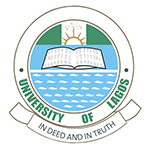
University of Lagos
-
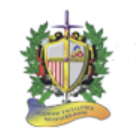
Benson Idahosa University
-
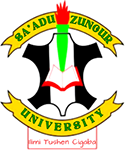
Bauchi State University
-

Federal University of Technology, Akure
-

Tai Solarin University of Education
-
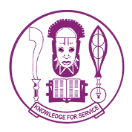
University of Benin
-
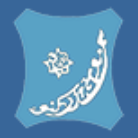
Bayero University Kano
-

Ahmadu Bello University
-
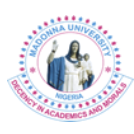
Madonna University
-
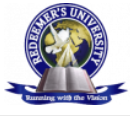
Redeemer's University
-

Mesoamerican University
-

Istmo University
-

Mariano Galvez University of Guatemala
-

Regional University of Guatemala
-

Galileo University
-

Francisco Marroquín University
-

Rafael Landívar University
-

University of the Valley of Guatemala
-

University of San Carlos of Guatemala
-

Technological Institute of Tlaxcala Plateau
-

Golfo University
-

Technological University of South Sonora
-

Technological University of Huejotzingo
-

Tizimín Institute of Technology
-

Chilpancingo Institute of Technology

